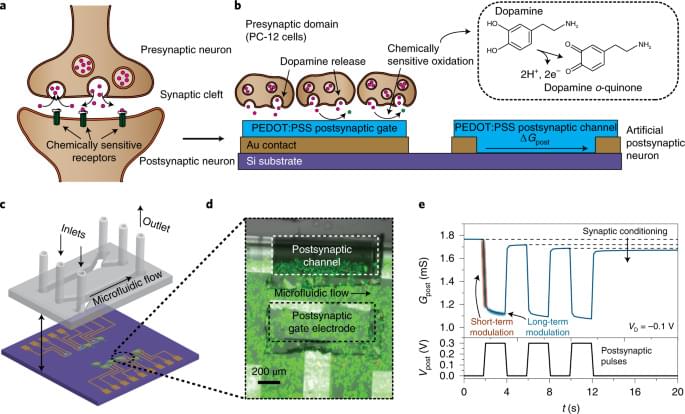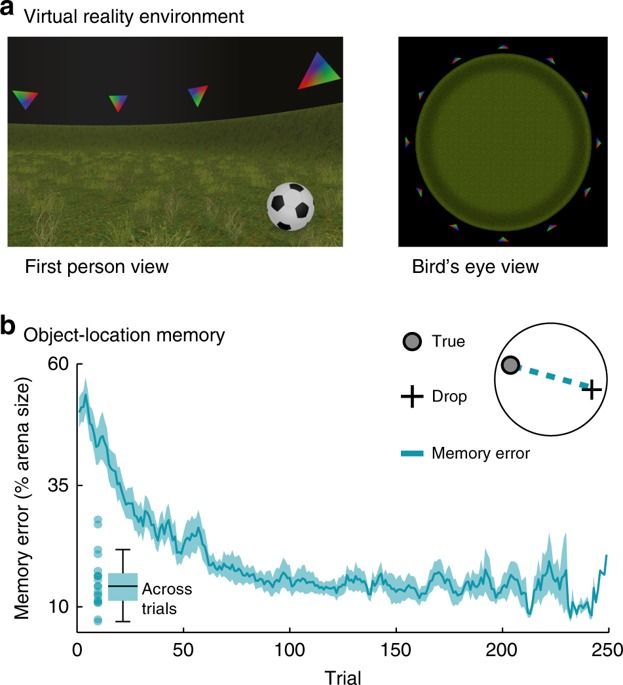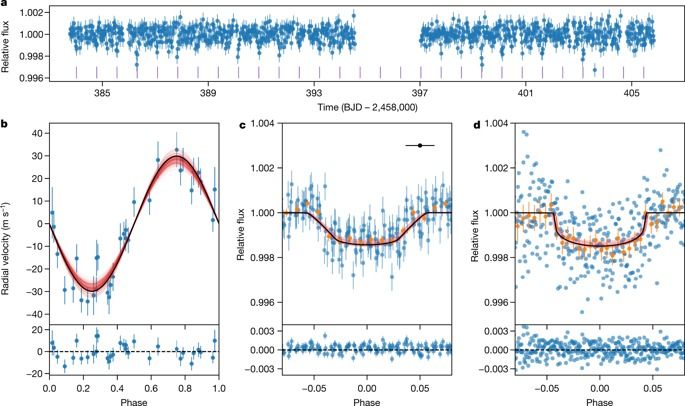Brain-inspired computing paradigms have led to substantial advances in the automation of visual and linguistic tasks by emulating the distributed information processing of biological systems. The similarity between artificial neural networks (ANNs) and biological systems has inspired ANN implementation in biomedical interfaces including prosthetics and brain-machine interfaces. While promising, these implementations rely on software to run ANN algorithms. Ultimately, it is desirable to build hardware ANNs that can both directly interface with living tissue and adapt based on biofeedback. The first essential step towards biologically integrated neuromorphic systems is to achieve synaptic conditioning based on biochemical signalling activity. Here, we directly couple an organic neuromorphic device with dopaminergic cells to constitute a biohybrid synapse with neurotransmitter-mediated synaptic plasticity. By mimicking the dopamine recycling machinery of the synaptic cleft, we demonstrate both long-term conditioning and recovery of the synaptic weight, paving the way towards combining artificial neuromorphic systems with biological neural networks.







